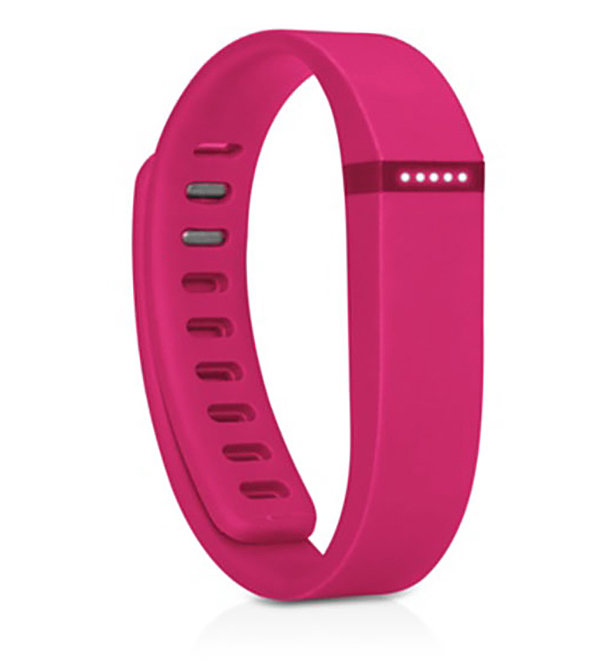#fitbit #exercise #sportspodiatry #sportsinjury #recovery
Sports Podiatrist Alessia Amadio discusses her experiences with her Fitbit
It seems everyone has a renewed sense of purpose with each step they take. Each step now carries a heightened importance, as we work towards that sacred “10,000”. This is the number of daily steps recommended to improve health and reduce the risk of disease. With the assistance of activity trackers, we are not only able to monitor our progress as we work our way to achieving this goal, we can also set goals appropriate to our individual needs, fitness levels and rehabilitation requirements.
I am one of many activity tracker fans. I first began using a Fitbit almost 12 months ago, and what started as a novelty has now become a staple accessory that I don’t go anywhere without. It has become a common joke in my household that my steps or time spent exercising do not count unless they have been captured by my Fitbit. Ridiculously I, like many other activity trackers fans, will admit this feels like wasted movement, as it hasn’t contributed to the achievement of our daily step goals. This desire to capture and measure our activity levels motivates me and others to achieve the recommended daily step count by exercising more.
For me, the Fitbit has made me much more accountable for not only the days I do not achieve my step goal, but more importantly, for the days that I do. My Fitbit has helped revitalise my enjoyment of exercise, and in turn, has helped me achieve a better balance between work, social demands and family, by incentivising me to create more time to exercise. Exercising frequently is not only great for my physical health, it also improves my mental health and wellbeing, enabling me and others to better manage the stress and demands of work and everyday life.

My daily quest to surpass 10,000 has meant I find myself making more time for walking and the gym. It has also changed my outlook on how I approach my day, making me look for opportunities to sneak in more “incidental” steps. When the weather is better I’ll park my car a little further away from work, or if I need to go to the shops, I will consider walking over driving. Every little bit helps! Everyone is different, but for me, hitting that 10,000-step target and getting messages from my Fitbit telling me I have done so, is the right level of encouragement.
The success and enjoyment experienced by myself and others using activity trackers has meant that it has become a regular topic of conversation with many of my patients, particularly if they are also sporting the iconic Fitbit around their wrist. Their popularity has got me thinking of the potential clinical benefits a Fitbit or similar device may have on a patients’ rehabilitation from injury and their return to exercise, or a return to exercise after a period of inactivity to aid.
So why 10,000 steps you ask? This target originally came from research conducted in Japan in the 1960’s outlining that on average people take between 3,500 and 5,000. The thought was that if this number was increased to 10,000 it would help to improve an individual’s health and wellbeing.
Bring this idea into 2015, the goal of 10,000 daily steps continues to be relevant, and is now embraced by health organisations such as The World Health Organisation and the American and Australian Heart Foundations as being an appropriate goal to help reduce the risk of disease and improve health.
Although 10,000 steps is an achievable goal for most people, it is only a guideline. Your age, health and overall fitness level will influence what goal is suitable to you. My experience with the Fitbit is that it allows you to set and adjust your own personal goal and helps you monitor you progress towards it.
Stay tuned for further information on how activity trackers can be utilised in a practical way in the management of lower limb injury and recovery.
Alessia Amadio is a Sports Podiatrist at Eastern Foot Care. She practices at two locations:
Eastern Foot Care Ringwood Eastern Foot Care Knox
(03) 9870 1301 (03) 9887 2233